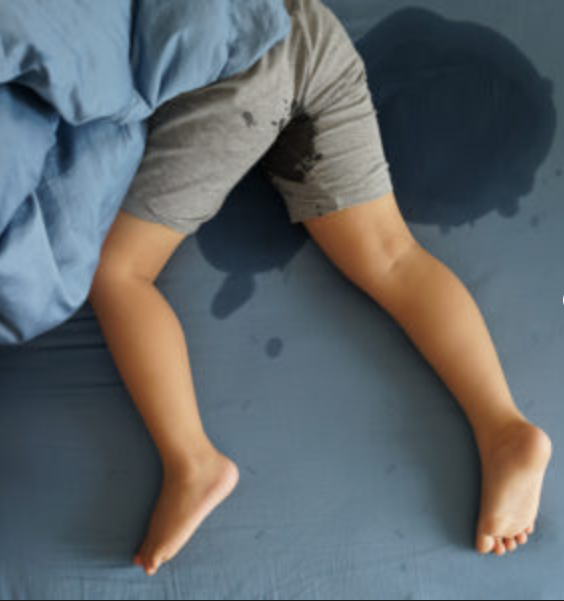
Is My Child a Little Bully?
Written by: Miss Jody Lee, Senior Registered Social Worker Whether it’s fighting over toys, losing games, or rushing to be first in line, it is common to see children using pushing, shoving, and hitting to deal with situations that don’t go their way – which is also a constant headache for parents. Why does a child exhibit bullying behavior? Are emotions and behaviors conflated? “You cannot get angry and hit people!” The child may experience an emotion – “anger”, which leads to a behavioral response – “hitting”. However, while parents can prohibit the child’s hitting behavior, they cannot prohibit the child from feeling “angry”. The child will not immediately calm their emotions just because the parents have banned “anger”. Parents need to teach the child to separate emotions and behaviors – “I understand you are very angry that your brother took your toy, but you cannot hit him!” Don’t eat Meal A if it’s not good for you! “You cannot hit your brother, just don’t hit him at all.” Parents may simply tell the child not to engage in an undesirable behavior (Meal A) without providing any alternative (Meal B, C, D) options. If the brother takes the child’s toy again, the child will likely continue to “eat Meal A” (hit). Parents should not only prohibit the undesirable behavior, but also provide alternative, appropriate ways for the child to respond – “You cannot hit, but if your brother takes your toy, you can tell him: ‘The toy is mine, I’ll

Losing Control at Night
Written by:Yiu Yee Chiu, Chinese Doctor Every parent hopes that their child will develop well and quickly, even if they may not surpass others. In medicine, there is a condition that falls between “disease” and “physiology” that greatly troubles both parents and children. This is “pediatric nocturnal enuresis.” Pediatric nocturnal enuresis is a stage in physiological development, but if a child is still unable to control their urination and wets the bed after the age of 5, it becomes a problem. Pediatric nocturnal enuresis can be divided into two types: primary and secondary. The former is due to pathological reasons, such as spina bifida or developmental delays. The latter refers to when a child has previously gained control but then loses it for some reason. The most common cause is an unexplained developmental delay. Medication, Physical Therapy, and Lifestyle: A Tripartite Cooperation From a Chinese medicine perspective, the generation of urine is related to multiple organs. The main causes are kidney qi deficiency, spleen and lung qi deficiency, and liver channel stagnation and heat. Clinically, kidney qi deficiency is the primary factor. Unlike adult enuresis or secondary enuresis in children, the condition generally improves after a few months of treatment. However, the treatment must involve a combination of medication, physical therapy, and lifestyle adjustments. Chinese Herbal Treatment: The main herbs are Mulberry Twig, Medicated Leech, Rougan, Schisandra, Yam, and Mulberry Parasitic Plant. Physical Therapy: Acupuncture and massage, focusing on the bladder and kidney channels on the back. Strict Diet: Avoid

